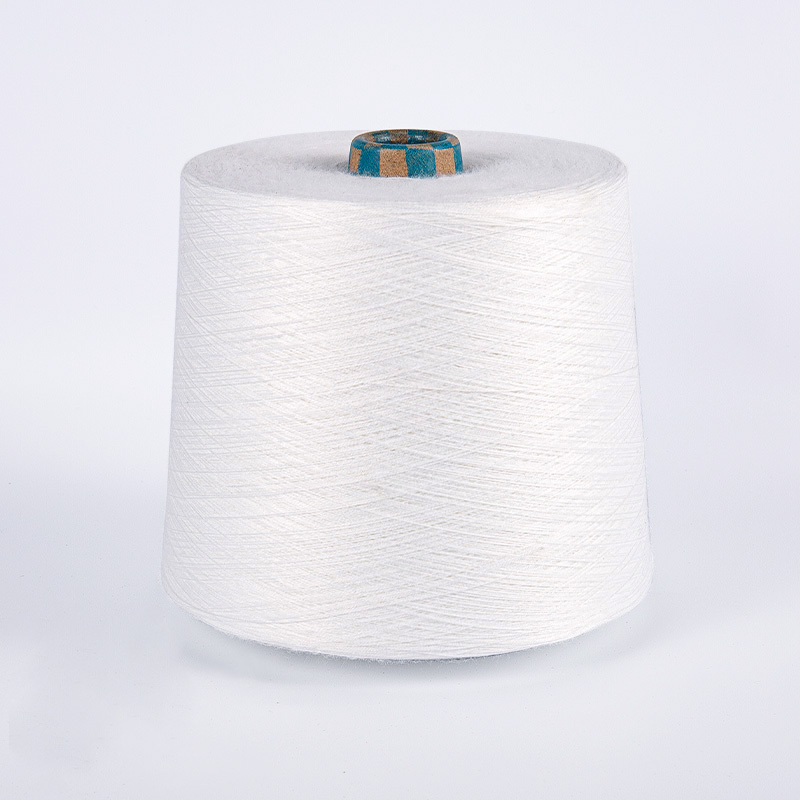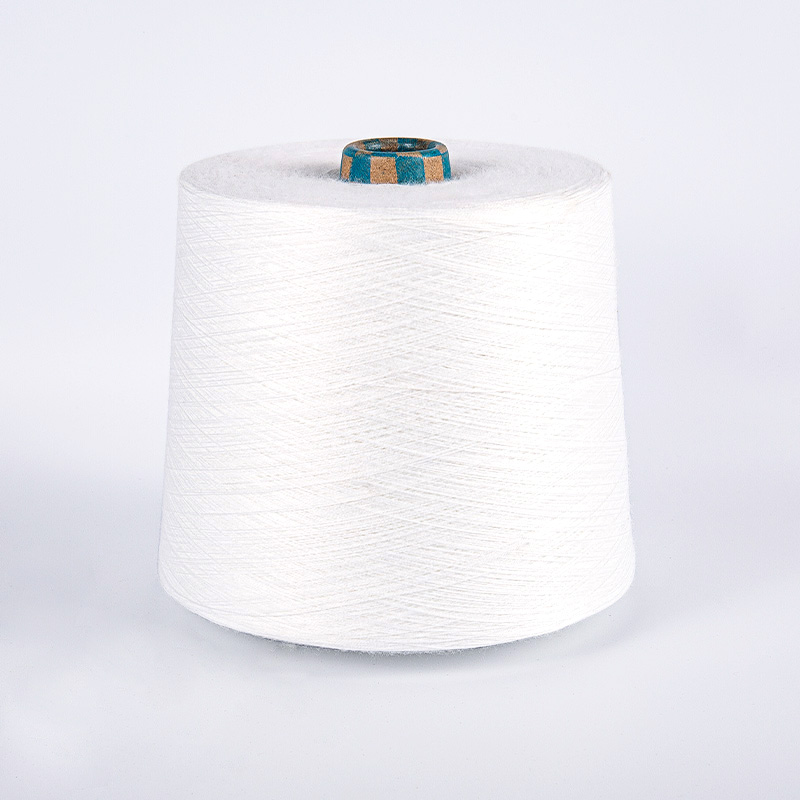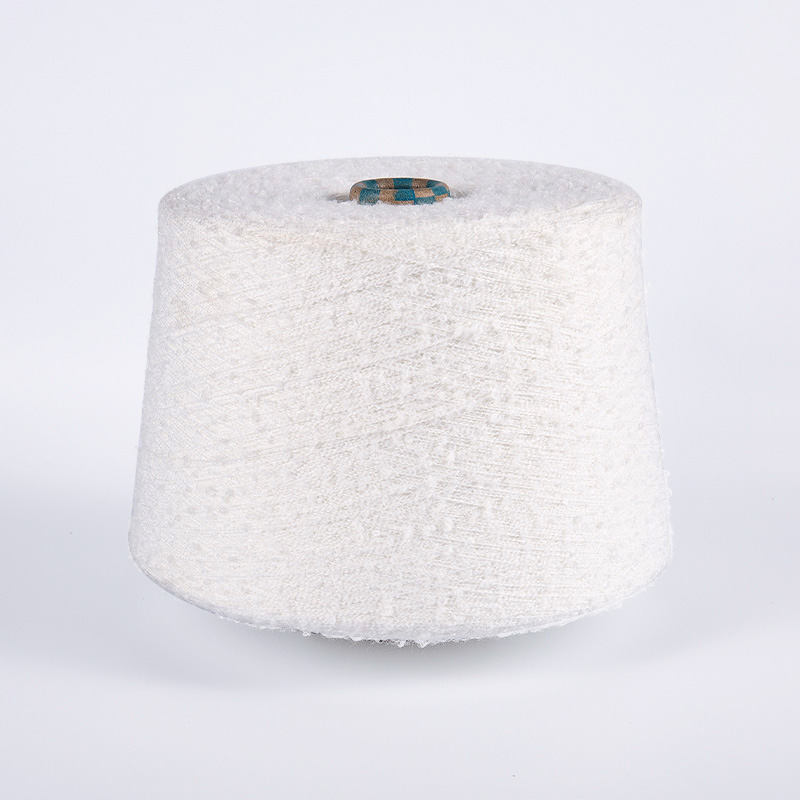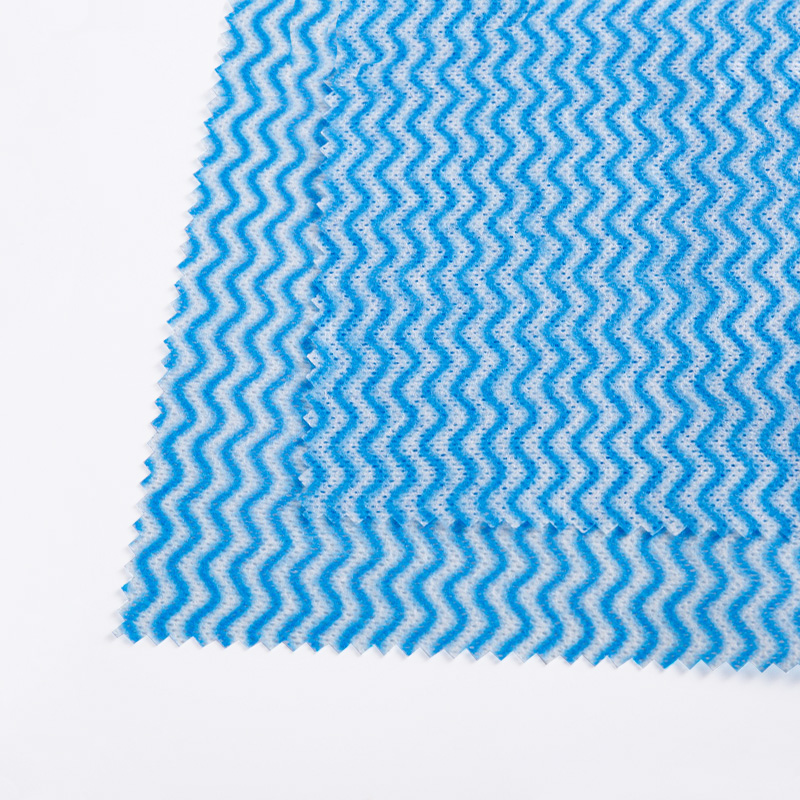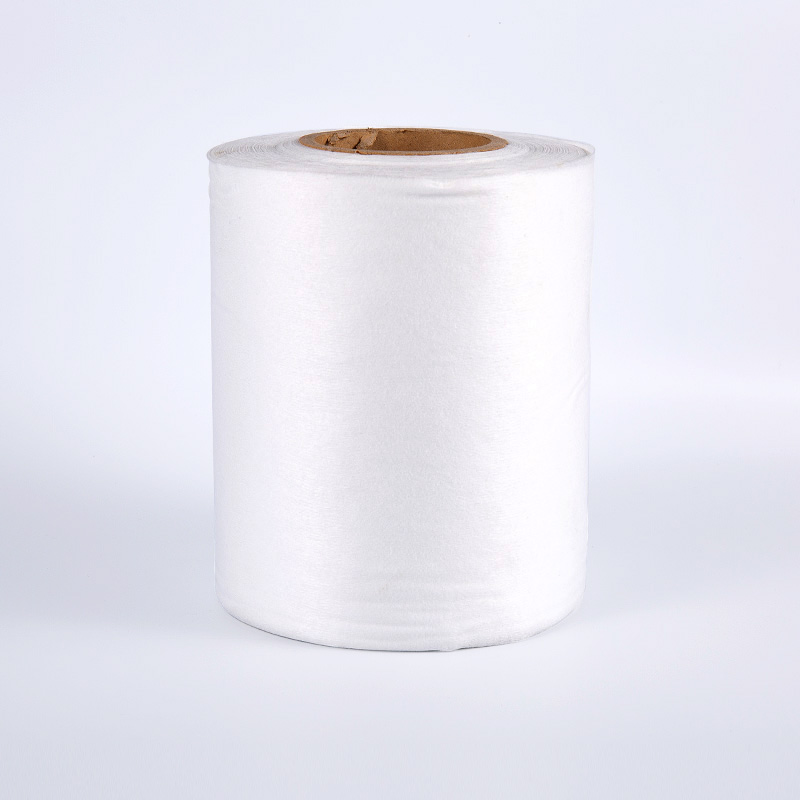
Viscose Yarn: A Versatile Fiber of Choice in the Modern Textile Industry
Posted by Admin | 22 Oct
With the continuous development of the textile industry, viscose yarn, a fiber material that combines comfort and environmental performance, is gaining an increasingly important position in the global textile market. Viscose yarn, with its excellent hand feel, good moisture absorption, and superior dyeing properties, has become the preferred material for textile companies seeking high-quality fabrics and apparel. In modern textile manufacturing, understanding the properties, production processes, and application areas of viscose yarn is crucial for companies to enhance product competitiveness and market responsiveness.
Basic Characteristics of Viscose Yarn
Viscose yarn is essentially a regenerated cellulose fiber, primarily derived from natural plant cellulose, such as wood pulp or cotton linters. Through chemical and mechanical processes, natural cellulose is converted into continuous filaments. Viscose yarn retains the softness and comfort of natural fibers while possessing a uniform fiber structure, making it easy to process and dye. This fiber offers a soft hand that is unmatched by natural fibers, resulting in textiles that offer exceptional comfort.
Viscose yarn also possesses excellent moisture absorption, rapidly absorbing and releasing moisture, keeping fabrics dry and comfortable. This property is particularly important for clothing, bedding, and high-end home textiles. Viscose yarn exhibits excellent dyeing properties. Whether bright or dark, dyes adhere evenly to the fiber surface, resulting in vibrant colors and long-lasting colorfastness. This characteristic not only enhances the visual appeal of fabrics but also provides designers with greater creative possibilities.
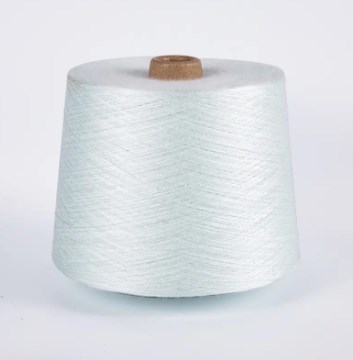
High-Performance Viscose Yarn Production Process
The production process for viscose yarn combines chemical and mechanical techniques, requiring strict control of raw material purity, solution concentration, and spinning conditions. Traditionally, viscose yarn is produced through a wet spinning process, where a cellulose solution is extruded through a spinneret into an acid bath, where the fibers solidify into continuous filaments. This process produces yarn with uniform fiber diameter and stable strength, providing a reliable foundation for subsequent weaving and knitting processes.
With continuous technological advancements, modern textile companies are increasingly adopting environmentally friendly production processes, reducing the use of chemical solutions and wastewater discharge, and achieving green production. New viscose yarns maintain traditional softness and moisture absorption while also exhibiting wrinkle resistance and durability, making them more suitable for applications in high-end clothing and functional fabrics. This technological innovation not only improves product performance but also aligns with the global trend toward sustainable textile production.
The Application Value of Viscose Yarn in the Textile Industry
Viscose yarn, due to its unique physical properties and excellent dyeing properties, is widely used in various textiles. In the apparel sector, viscose yarn can produce fabrics with a soft touch and excellent drape, suitable for shirts, dresses, and high-end knitwear. In the home textile sector, it provides comfortable and aesthetically pleasing solutions for bedding, curtains, and sofa fabrics. Viscose yarn also demonstrates its advantages in industrial textiles, providing high-performance materials for technical textiles thanks to its flexibility and moisture absorption properties.

Viscose yarn blends with other fibers also have great market value. By blending with fibers such as cotton, wool, and polyester, it combines the comfort of natural fibers with the strength and durability of chemical fibers, achieving complementary performance. This flexible textile solution not only meets consumers' diverse clothing needs but also opens up a broader market for textile companies.
With its excellent hand feel, excellent moisture absorption, and dyeing properties, viscose yarn has become an indispensable fiber material in the modern textile industry. Whether in apparel, home textiles, or technical textiles, viscose yarn demonstrates broad application value and market potential. With the continuous upgrading of production processes and the promotion of environmentally friendly technologies, viscose yarn not only meets the demand for high-quality textiles but also drives the entire textile industry towards sustainable development and innovation. In the future, viscose yarn is expected to continue to play a vital role in the global textile market, creating higher added value and competitive advantages for companies.
+86-18058809000
+86-571 86218111



 English
English 中文简体
中文简体

